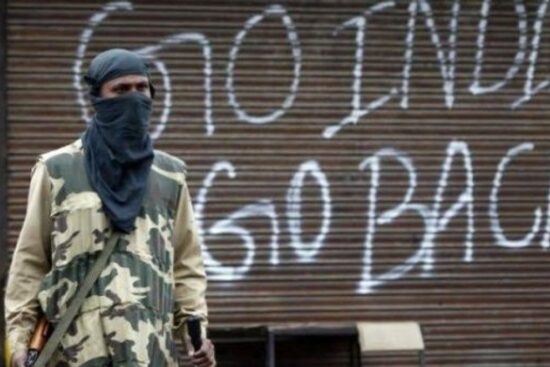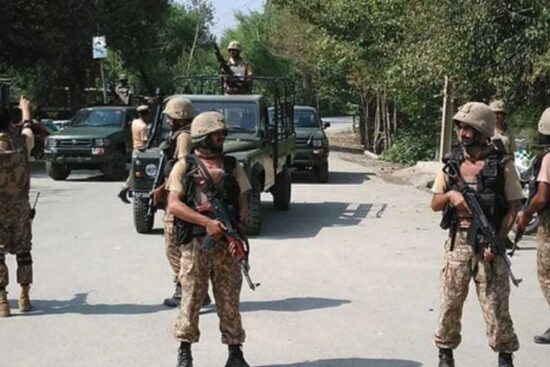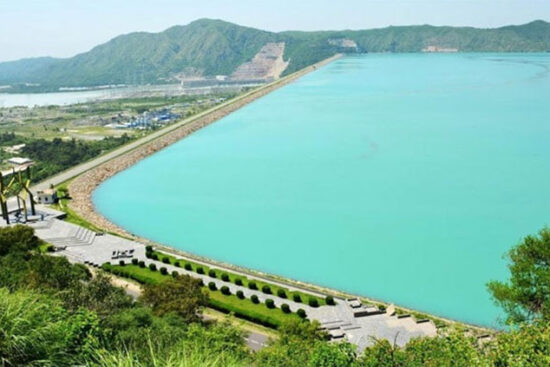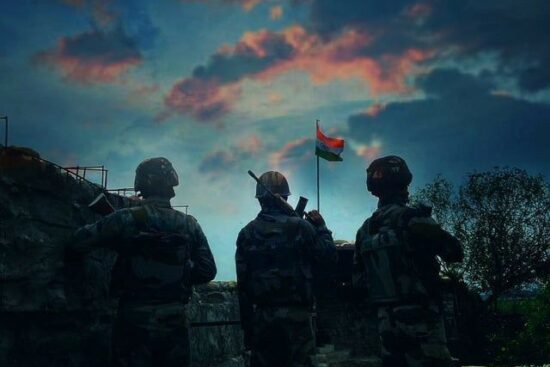
As the drums of the 2024 general elections in India beat louder, a specter haunts the political landscape – the specter of false flag operations. These meticulously crafted narratives of external threats, often pinned on neighboring Pakistan, have become a recurring tactic in India’s internal politics, particularly under the Bharatiya Janata Party (BJP) and its charismatic leader, Narendra Modi. The narrative often goes like this: a terror attack, outrage erupts, fingers point towards Pakistan, and the BJP capitalizes on the heightened nationalism to consolidate its power. This playbook is not new, but under Modi, it seems to have reached new heights.
During its two consecutive terms in power, the BJP government has faced accusations of exploiting tragedies for political gain, particularly in the lead-up to elections.
The 1999 Kargil War conveniently coincided with impending polls. Similarly, the 2002 Godhra train attack and subsequent Gujarat riots, targeting Muslims, occurred just before the 2004 elections, casting a shadow over then-Chief Minister, Narendra Modi. The 2007 Samjhauta Express bombing, initially blamed on Pakistan, was later found to be a doing of Hindu extremists, yet used by the BJP to woo Hindu voters in 2008.
The Mumbai attacks were also India’s staged operation to divert the attention of Indian masses from the deteriorating economic situation of the country, in 2008. This pattern continued with the 2016 Pathankot and Uri attacks and subsequent claims of a surgical strike in Pakistan, contributing to election victories in four states.
The 2019 Pulwama attack further fueled this nationalist rhetoric. The narrative was used to justify pseudo-airstrikes on Pakistani soil, escalating tensions along the border, and ultimately bolster the BJP’s image as a strong and decisive government. A detailed report by American investigative journalist, Seymour Hersh, raised serious doubts about the official narrative, alleging Indian complicity. This pattern raises serious concerns about the weaponization of crises for political advantage, a tactic that has far-reaching consequences for regional stability.
With the 2024 elections approaching, the risk of another false flag operation looms large. The BJP, facing growing internal dissent and public disillusionment with its economic policies, is once again resorting to stoke nationalist fervor through fabricated threats. Recent statements by BJP leaders, including Deputy Union Minister Meenakshi Lekhi’s provoking remarks on Azad Jammu and Kashmir, Kavinder Gupta’s provocative statements threatening to teach Pakistan a lesson, and Yogi Adityanath using aggressive language for Pakistan and Muslim community of India, are a few examples in this regard.
The BJP has been accused of using religious issues like the Ayodhya Ram Mandir verdict and the Citizenship Amendment Act to polarize the electorate and consolidate Hindu support.
In July 2023, Indian Home Minister Amit Shah in a high-level crucial meeting with NSA Ajit Doval and Army Chief, declared that India would “reclaim” Azad Kashmir “at any cost” – a statement deemed inflammatory by many and seen as potentially laying the groundwork for a manufactured crisis. A similar signaling came out after the very recent meeting that Amit Shah chaired on the security situation of Jammu & Kashmir.
The consequences of such tactics are far-reaching, given the volatile landscape of the South Asian region. Even if done for popular support, any crafted misadventure can bring the region to a nuclear brink. One a war starts it is difficult to control it. It is time for Indian voters to see through the smokescreen of manufactured threats and hold their leaders accountable for their actions instead of falling for the “anti-Pakistan” rhetoric.

















Leave a Reply